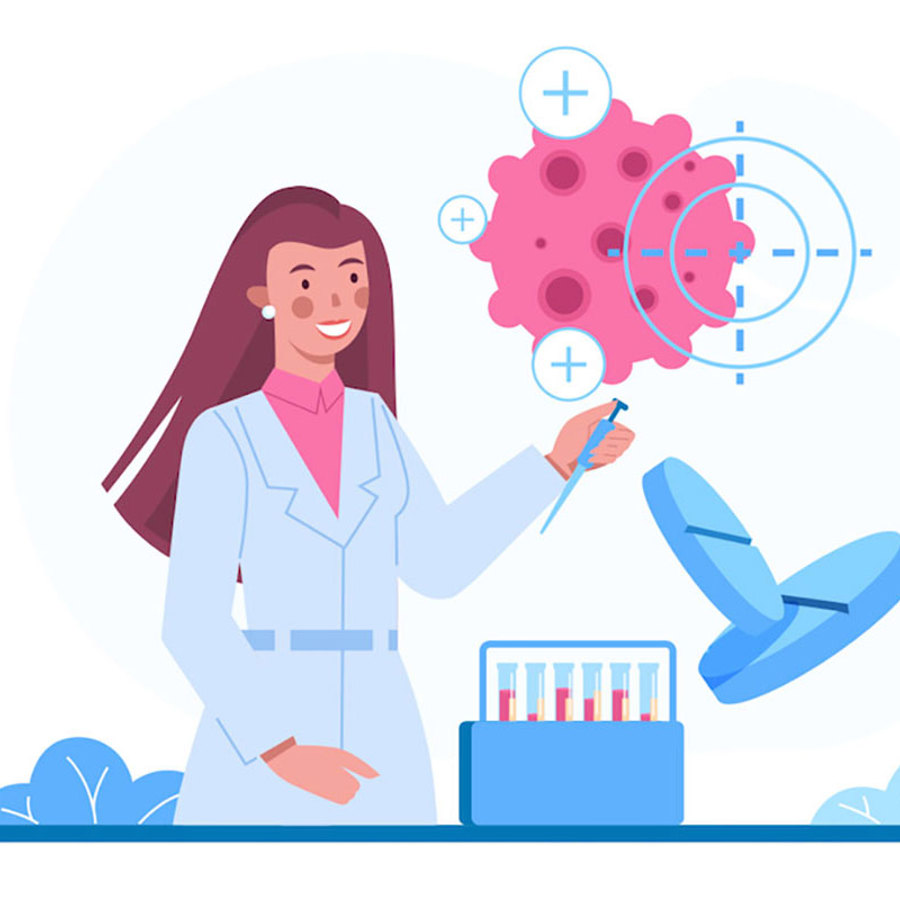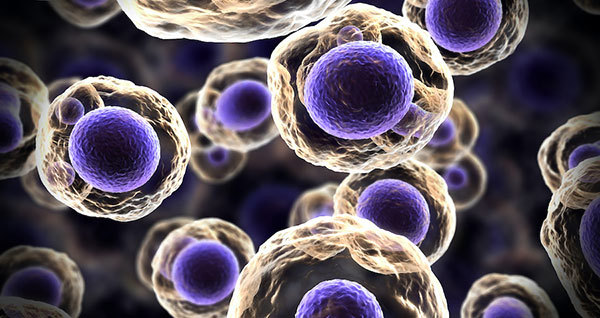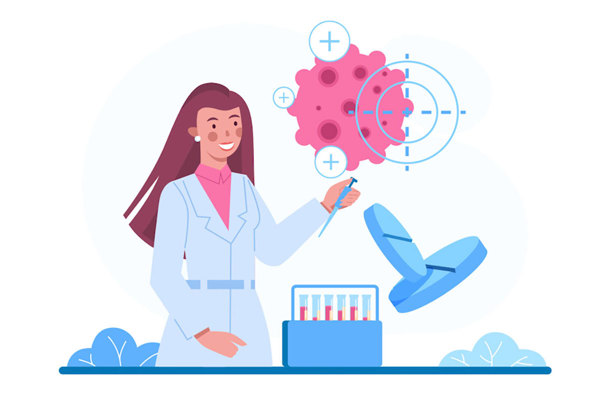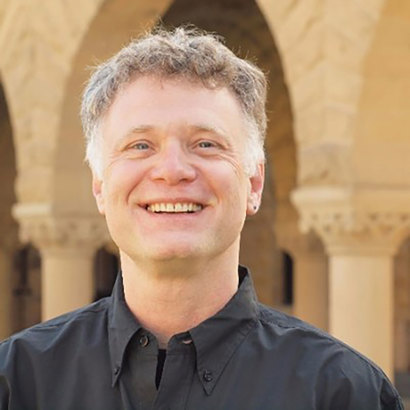
Why can’t we use genetics to choose cancer treatments?
February 1, 2005

- Related Topics:
- Cancer,
- Personalized medicine,
- Biotechnology,
- Futuristic science
A curious adult from California asks:
“My wife was recently diagnosed as having cancer of an unknown source by an oncologist and had a general sort of treatment prescribed that she has been undergoing. Given that it is now possible to have a genetic test that identifies a person's characteristics (that is, weaknesses or susceptibilities etc), then why would her oncologist not go through a procedure such as this first so that the most appropriate protocol could be selected? Especially since these treatments are so very expensive and the results so uncertain.”
Very good question. The reason is that doctors and geneticists know a whole lot less than you think.
There probably isn’t such a test available. It can be very frustrating – we hear about the human genome being sequenced and all of this wonderful news about genes nearly everyday and yet when we need something concrete, there is very little to offer.
We are just beginning to enter the age of personalized medicine. This is where a doctor would prescribe a medicine based on your genes. They’d be able to figure out which drugs the patient could tolerate best. And which ones the cancer was most susceptible to.
This is not our current reality, though. How might it work in the future?
For cancers, doctors would prescribe medicines based on the genes of the particular cancer the patient has.
How Cancer Starts
Cancer often starts out as a cell with a set of DNA changes or mutations. This cell’s DNA is actually different from the rest of the cells in the body. The new mutations let the cell get around all the normal blocks that keep a cell from growing too much. The cell can then grow into a tumor. In the worst cases, it spreads to other parts of the body and grows there too.
As you can imagine, there are lots and lots of blocks on cell growth. What this means is that different cancers grow uncontrollably because of different mutations. So there are a lot of ways for a cell to go cancerous.
Ideally, a doctor would be able to look at a cancer and tell what mutations it has. He would then prescribe a medicine that targets what is wrong with a specific patient’s cancer. This is the idea behind personalized medicine.

Chemotherapy
However, with a few exceptions, this is not how it works right now. For the most part, cancer is still treated by trying to get rid of the tumor and kill any of the cells left behind or that have spread. Both chemotherapy and radiation work by killing the fastest growing cells (which are usually the cancer cells).
Because of the way radiation and chemotherapy work, the patient usually has pretty bad side effects from other cells in their body being killed. Nausea from losing the lining of the intestines, hair loss, anemia, etc. are all the result of killing growing cells.
In the future, the hope is to be able to have fewer side effects by targeting what is wrong in a specific cancer cell. This way, we won't hit every fast growing cell but can only get the cancer cells.
Other Cancer Treatments
There are a very few cancer drugs that work this way. One example is Gleevec. Another is a breast cancer drug called herceptin.
Some breast cancers make too much of a protein called HER2. These cancers spread faster than those that don’t have HER2. They also respond poorly to chemotherapy. Herceptin targets the cancer cells that have HER2. The side effects are pretty mild because HER2 isn't actually made by many cells.
This approach doesn’t use personalized medicine. It really isn’t that different from deciding whether tamoxifen will work or not for a specific breast cancer. Doctors have been able to do that for decades. What is coming on the horizon is what we talked about before – looking at the genes in a specific cancer and giving the right medicine.

Potential for Personalized Medicine
A new product developed in the Netherlands shows what the future may hold. Some recent studies suggest that up to 70% of breast cancer patients get unnecessary chemotherapy and radiation. So many patients get this therapy because it is hard to tell whether a cancer will spread. Understandably, doctors take a “better safe than sorry” approach.
Using microarray technology, the Dutch company Agendia looks at 70 genes to predict whether a cancer will spread. If not, then chemotherapy may not be necessary. Whether the cancer will spread is dependent on the specific cancer’s DNA.
Although still being tested, this is a very promising beginning for personalized medicine. The next step will be to use something similar to figure out which specific medicines with which to target a specific cancer. And to then figure out which of the choices the patient will best tolerate. This is where medicine is headed but we aren’t there yet.

Author: Dr. Barry Starr
Barry served as The Tech Geneticist from 2002-2018. He founded Ask-a-Geneticist, answered thousands of questions submitted by people from all around the world, and oversaw and edited all articles published during his tenure. AAG is part of the Stanford at The Tech program, which brings Stanford scientists to The Tech to answer questions for this site, as well as to run science activities with visitors at The Tech Interactive in downtown San Jose.
 Skip Navigation
Skip Navigation
